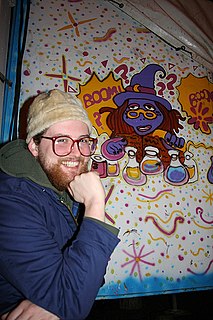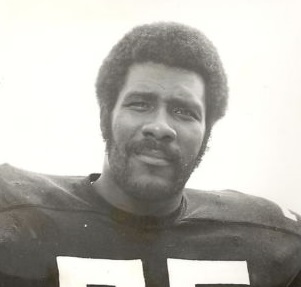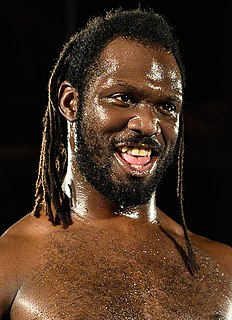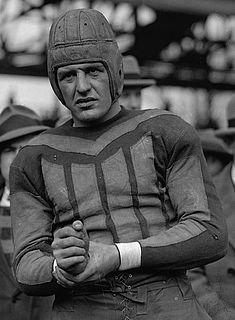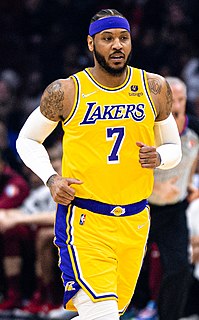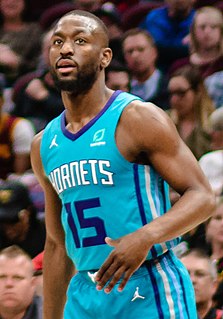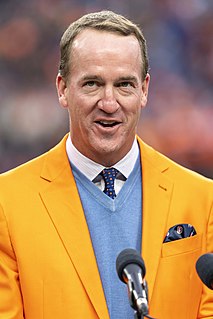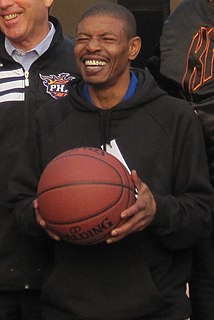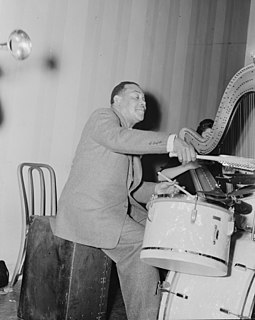A Quote by Barry Levinson
When I was growing up in Baltimore, the Colts were not just a team that played in the city. It was part of the city. Football players didn't make close to the money they make today and most took jobs in the off-season. Some were mechanics, others worked at furniture stores, and you could find them drinking at a neighborhood watering hole.
Quote Topics
Related Quotes
I think living in Baltimore and being a part of the community and trying to be part of as many communities as possible within the city, the best thing that anyone can do in Baltimore is just to be a part of it and contribute to it and to not see it as...A lot of people from outside the city see this city for its blight and I feel like people who live within the city do the opposite and see this city for what defines it as, in my mind, the most beautiful place to live.
I have just been to a city in the West, a city full of poets, a city they have made safe for poets. The whole city is so lovely that you do not have to write it up to make it poetry; it is ready-made for you. But, I don't know - the poetry written in that city might not seem like poetry if read outside of the city. It would be like the jokes made when you were drunk; you have to get drunk again to appreciate them.
We've actually seen Black man murders [in] many a major city in the United States - New York City, St. Louis, Missouri, from Cleveland to Baltimore. It was those sorts of incidents that were very much prevalent in the forefront of that jury's conscience that allowed them to believe that this man [O.J. Simpson] could have been set up.
The city was asleep on its right side and shaking with violent nightmares. Long puffs of snoring came out of the chimneys. Its feet were sticking out because the clouds did not cover it altogether. There was a hole in them and the white feathers were falling out. The city had untied all its bridges like so many buttons to feel at ease. Wherever there was a lamplight the city scratched itself until it went out.
There were so many bands in New Orleans. But most of the musicians had day jobs, you know -- trades. They were bricklayers and carpenters and cigar makers and plasterers. Some had little businesses of their own -- coal and wood and vegetable stores. Some worked on the cotton exchange and some were porters. They had to work at other trades 'cause there were so many musicians, so many bands. It was the most musical town in the country.
You could look out the window today, see the sky raining fire, and say that it has all been for nothing, everything we've ever done, because now we've lost. But folk were born and lived and knew friendship and music in this city, ugly as it is, and all across this land that we fought for. Some grew old, and others were less lucky. Many bore children and raised them, and had the pleasure of making them, too, and we gave them that for as long as we could. Who has ever done more, my friend?

